|
‘Well-behaved women rarely make history.’ (Laurel Thatcher Ulrich) International Women’s Day. A day to recognise and celebrate the extraordinary contribution of women all over this world and throughout all history. There are so many amazing women who have inspired, stretched and enriched my life: those I’ve known, those I’ve heard or read about and those I’ve only encountered indirectly through the personal-cultural legacy they’ve left behind. This is a shout-out, a thank you, to all women – especially to those who are and feel invisible and unseen; those who live on the frayed and torn edges of societies; those who persevere in the face of poverty, vulnerability and other threats; those who live and love in a way that goes unnoticed and unknown. You humble and challenge me. The world is a better place because you're here.
40 Comments
'The supreme happiness of life is the conviction that we are loved.' (Victor Hugo) Bursting with excitement would be an understatement. These poor Filipino children today know that something very special is about to happen, but neither they nor their families know what it will be. Living in a very poor community that exists at subsistence level in a cemetery, they don’t normally expect to be seen, let alone be treated to gifts. When Jasmin, her daughter and her small team of helpers appear, the whole community goes wild. Supported by friends in the UK and Germany, every one of the 127 children receives a mattress to sleep on. Christmas gifts and food parcels are distributed too. With wide smiles of joy, the whole community springs spontaneously into song and dance. God is amazing. Love in action. We can be hope. Today is a dark day. The wind and rain outside reflect the deep, dark feeling inside. One of the women who featured in small things, the video, in July…has died. She didn’t die from an accident or a serious illness. She died because she is poor. She loved to help others and brought joy to the lives of those who live on the far edge of hope. That is her tribute – her simple, beautiful legacy. With no shoes to wear, she got a small cut on her foot. Not wanting to burden her family with the cost of help that they too could ill afford, she hid it from them and didn't say anything. She wrapped a makeshift bandage around it, but couldn’t keep it clean. With untreated diabetes, no sanitation and being too poor to access doctors, hospitals or medication, the wound festered and killed her. I hate that the poor are so vulnerable. And I’m trying to remind myself: we can be hope. ‘Never doubt that a small group of thoughtful, committed citizens can change the world; indeed, it's the only thing that ever has.’ (Margaret Mead) ‘520,000,000,000’. I wrote the number slowly…and…deliberately across the whiteboard at the front of the class. The students looked on, intrigued. I asked, ‘Who can guess what this number means?’ The playful ones quickly put their hands up: ‘The population of the world?’ ‘The distance to the moon?’ I responded, ‘The number of Pesos (= US $8 billion) that people across the world spend on skin-whitening products in one year.’ The room was filled with looks and sounds of astonishment now. The students had considered this as a private personal-relational issue rather than a global economic one. This was part of a 3-day workshop for student teachers and social workers – that is, key influencers for the future – in the Philippines. The first time I had arrived in the country, I had been naively taken aback when one of the people who greeted me apologised for their skin colour. My Filipina co-facilitator explained that this is a common phenomenon, where people evaluate themselves and are evaluated by others for how dark or light their skin is. The students went on to share heart-breaking personal testimonies of how far this has impacted their lives, prospects and sense of worth. They were very surprised to hear how much money, by contrast, people in wealthy countries spend on products, treatments and trips abroad to darken their skin. I took some skin-tanning lotion with me from the UK to show them – and they could hardly believe their eyes. We went on to consider the deep cultural drivers and diverse vested interests that lay behind the skin-whitening industry. The lively debate that ensued generated novel campaign ideas to address stakeholders (e.g. manufacturers; marketers; retailers; consumers), and its damaging spiritual, psychosocial and financial effects. ‘If you tremble with indignation at every injustice, then you are a comrade of mine.’ (Ernesto Che Guevara) It looked like a scene from Dante’s inferno. Students from a very poor barangay (community) in the Philippines arrived home this week… Delete, rewind: arrived at where their makeshift homes had been until this week, to see them engulfed in a blaze of fire and billowing with thick, black smoke. The poor have no land rights, no insurance and no savings to fall back on. For a moment, it felt like their lives, as well as their homes, had gone up in flames. On hearing of this, one of their tutors, Jasmin, raced to provide them with emergency relief. She offered them a safe place to sleep in her own home, yet they refused – preferring to stay with their families in the midst of the charred and burned-out remains. On receiving her gift of food supplies, they immediately shared it with their extended families and with their neighbours who had lost all too. The next day, their fellow students rallied around in support. Rumours spread quickly that corrupt officials were behind the disaster as a way of driving the poor off the land to sell it to rich property developers – in exchange for a substantial bribe. Being sited at a prime seaside location, and being told immediately by the local Mayor that they would not be allowed to return, added sinister credence to these fears. The barangay residents have no access to justice, yet say they have Jesus as their advocate and hope. Life is hard-edged for the poor. We, too, can be hope. ‘Not all of us can do great things. But we can do small things with great love.’ (Mother Teresa) Small things are big things in the hands of the poor. Imagine this: you live in dire poverty, in a cemetery. You and your neighbours each have only a handful of possessions – mostly a few clothes – and have nowhere to keep them clean or dry. In fact, you live life day-by-day, moment-by-moment, and have no discretionary income whatsoever. No-one sees you, and no-one helps. Then, today, a woman appears, as if out of nowhere, carrying sturdy plastic boxes and offers them to you freely, as ‘a gift from Jesus’. At first, you can’t believe it. Your face lights up as you realise: they really are for you and for your friends. A woman in your group, who hasn’t been able to hear or speak since birth, rushes to this woman, throws her arms around her neck…and cries. A box full of love. A beautiful hug. Small things are big things. We can be hope. ‘The purpose of life is not to be happy. It is to be useful, to be honourable, to be compassionate, to have it make some difference. That’s what it is to live and to have lived well.’ (Ralph Waldo Emerson) Life is hard-edged for the poor. The last person who reached out to this marginalised community was stabbed. That was an unhappy ending to a hope-filled good intention. Not deterred by this, a Filipina saw the unseen, the unloved, the people considered criminal, unworthy and unlovable. She was warned to stay away from this mixed group of families who eek out a living among the dead, and the dangerous gangs who wouldn’t hesitate to end her life. Nevertheless, she heard Jesus' call so she went. Not long afterwards, she stepped off public transport near this place only to witness, beside her, a woman shot dead in a hail of bullets. She learned later that the woman was killed by drug dealers, concerned she might disclose their identities to the authorities. Scared yet persevering, this Filipina has persisted in reaching out in love, building friendships, ‘sacred encounters’, as she calls them, and providing food and simple mattresses for those in greatest need. I ask her why she does it. ‘I want to show them the living Jesus walking among them, the Jesus who loves them and cares for them. I want them to know that they matter to God.’ I’m humbled, challenged and inspired (from a safe distance) by her courage and self-sacrificing love. I keep reflecting on Bob Hunter’s (founder of Greenpeace) radical stance: ‘Put your body where your mouth is.’ That’s what Jesus did – the Incarnate divine – and that’s what she’s doing now. ‘Poverty is a very complicated issue, but feeding a child isn’t.’ (Jeff Bridges) A little girl runs around excitedly while her parents wait patiently in a queue. She – I don’t know her name – pauses from time to time, crouches down and writes words or draws flags and hearts on the ground with blue and yellow chalks. She runs off again, full of energy and laughter, and her parents call to her to not stray too far. This is the opening of a new food bank hall in South Germany for asylum seekers, refugees and other people in need. I’m struck by the passion and organisation of the volunteers and by the generosity of 30+ shops that provide food weekly for some 200 families. Not stale food past its sell-by date. Freshly baked bread, vegetables etc. My tiny role, shifting empty food containers, gives me a chance to witness this event from the inside. The workers embody Jesus’ call to support and care for people who are poor and most vulnerable and it inspires me to see their love in action. The little girl skips across the car park now. Her parents look happy as they head off home. ‘Money – it’s a hit. Don't give me that do goody good bullsh*t.’ (Pink Floyd) ‘When I die, if I leave ten pounds behind me, you and all humanity may bear witness against me that I have lived and died a thief and a robber.’ (John Wesley) Now that’s extreme. In his lifetime, UK Christian preacher John Wesley is estimated to have earned around £30,000 (roughly equivalent to £1,000,000 today). When he died in 1791, 47 years after having written these astonishing words (above), he was found only to have a few coins left in his pocket. He had given everything away. Wesley believed that to follow Jesus meant intrinsically to use whatever resources God had given him to help others in need. He challenged fundamentally those who believed that material acquisition was a blessing from God to enjoy for their own benefit. As his own income increased, he stayed at the same simple baseline and gave even more away. I find Wesley’s example incredibly humbling and challenging. I live in a society that is individual-, wealth- and future-orientated. An implicit cultural imperative is that we should each make as much money as we can; both so that we can improve our own quality of life today and prepare for the future, confident that we will have plenty to spend then as now. I once had a long journey home from working among the poor in Cambodia. An intrigued Indian Hindu businessman travelling next to me on the plane confessed in bemusement that he found my work for a Christian NGO shameful: ‘Shouldn’t you be earning as much money as possible to increase your own family’s wealth?’ He had a point. To take care of one’s own family is, of course, an important, universal, human value. Yet, still, our worldviews collide. I find my life inspired by a different ethic, exemplified by Jasmin, a radical follower of Jesus among the poor in the Philippines: ‘Whatever status or power you have, use it for those who are vulnerable; whatever money you have, use it for the poor; whatever strength you have, use it for the weak; whatever hope you have, use to bring hope to those who live without hope. Speak up for justice and truth – whatever the cost. Pray.’ That isn’t about self-righteousness. It’s not a denial of the visceral tug of anxiety and security. It is about choice, decision and stance. What beliefs, values and principles guide your life? What do they look like in practice? ‘If you can remove the hazard, do it. If you can’t do that, do what you can to minimise the impact of the hazard. If you can’t do that, prepare for recovery in the aftermath.’ (Bill Crooks) That was a proud moment. I stepped into the lift in a Phnom Penh hotel and there, blazoned on the wall, was a poster with a stark warning, ‘Don’t even think about it.’ It was a campaign against the child sex tourism trade, led by international Christian NGO World Vision and the Cambodian police. I had just arrived there on assignment with World Vision and, seeing its logo displayed alongside this message, it gave fresh inspiration and passion to my own work. Later that evening, I was taken by World Vision activists into a dark city alleyway to meet with some street children. The workers brought lanterns, food, drink and first aid kits to meet the children’s immediate needs before sitting on the ground to chat with them. I was amazed by the kids’ bright spirits, laughing playfully as they spoke with us. The activists opened picture books and talked the children through how to avoid the dangers of sexual exploitation. It was sobering at the end to watch the children drift off back into the mist and darkness, still smiling and waving at us as they went. I wondered what their lives must be like, eking out an existence by scavenging and begging, and I felt deeply affected by this encounter. I noticed my instinctive desire to rescue these children who were clearly so poor and vulnerable. I was struck, by contrast, by the activists’ approach to developing the children’s own resilience. On asking about this later, the activists explained to me that the scale of the challenge is so great that it dwarfs the physical resources they have to meet it. They had chosen a strategy that enabled them to reach the greatest numbers of children – recognising the hard realities of these kids’ worlds and enabling, where possible, their safety and wellbeing within those contexts. It was protection by preparation and mitigation, by standing alongside in the midst. This agonisingly difficult choice enabled the activists to focus their more intensive support and care on children who were the most vulnerable among the vulnerable; for instance, those who were sick or dying or living with severe disabilities or mental health issues. They partnered with the children, local communities, civil society organisations and central government agencies to catalyse and sustain an effective response. Love in action. We can be hope. |
Nick WrightI'm a psychological coach, trainer and OD consultant. Curious to discover how can I help you? Get in touch! Like what you read? Simply enter your email address below to receive regular blog updates!
|
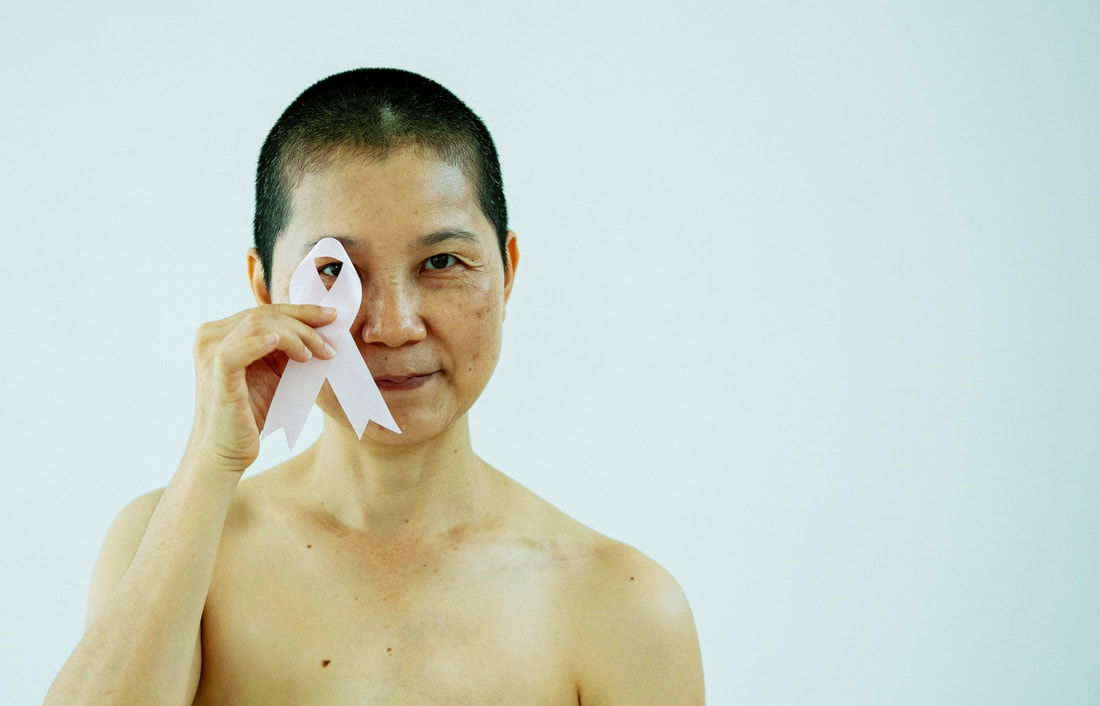
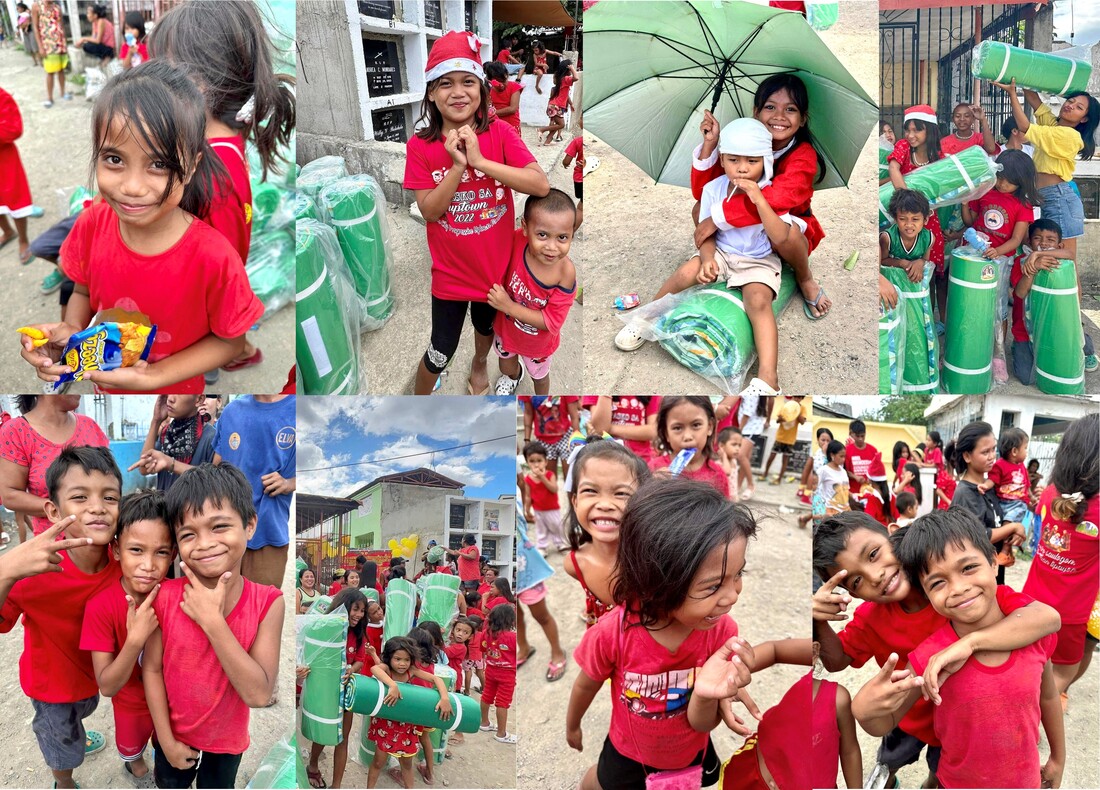
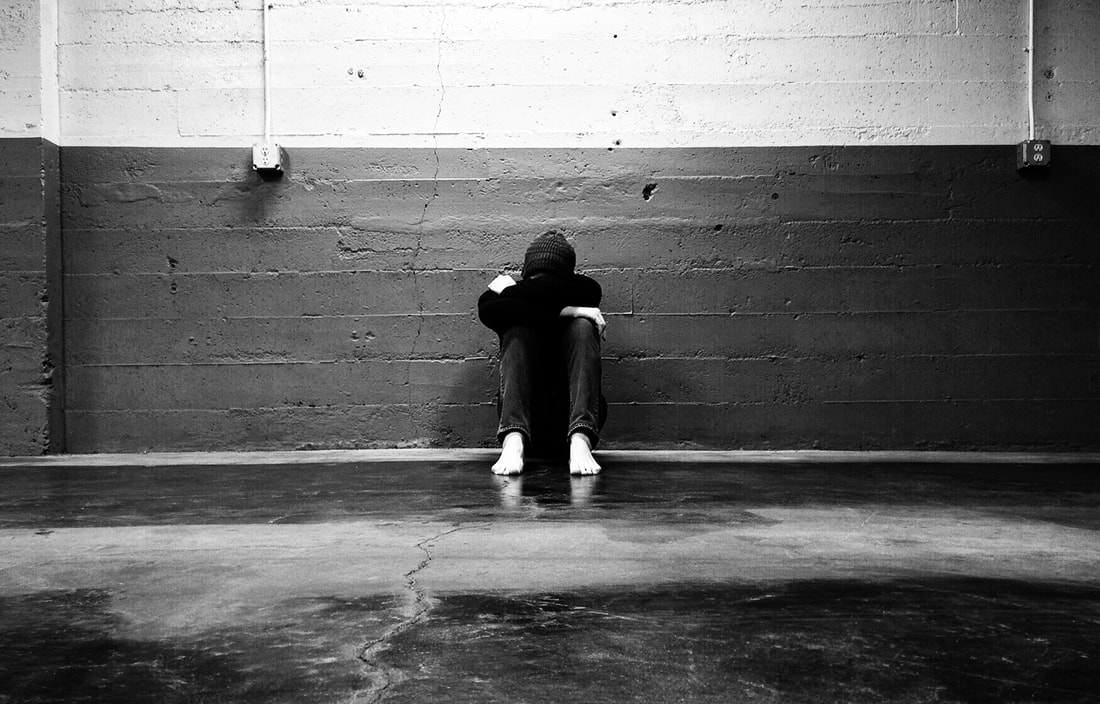
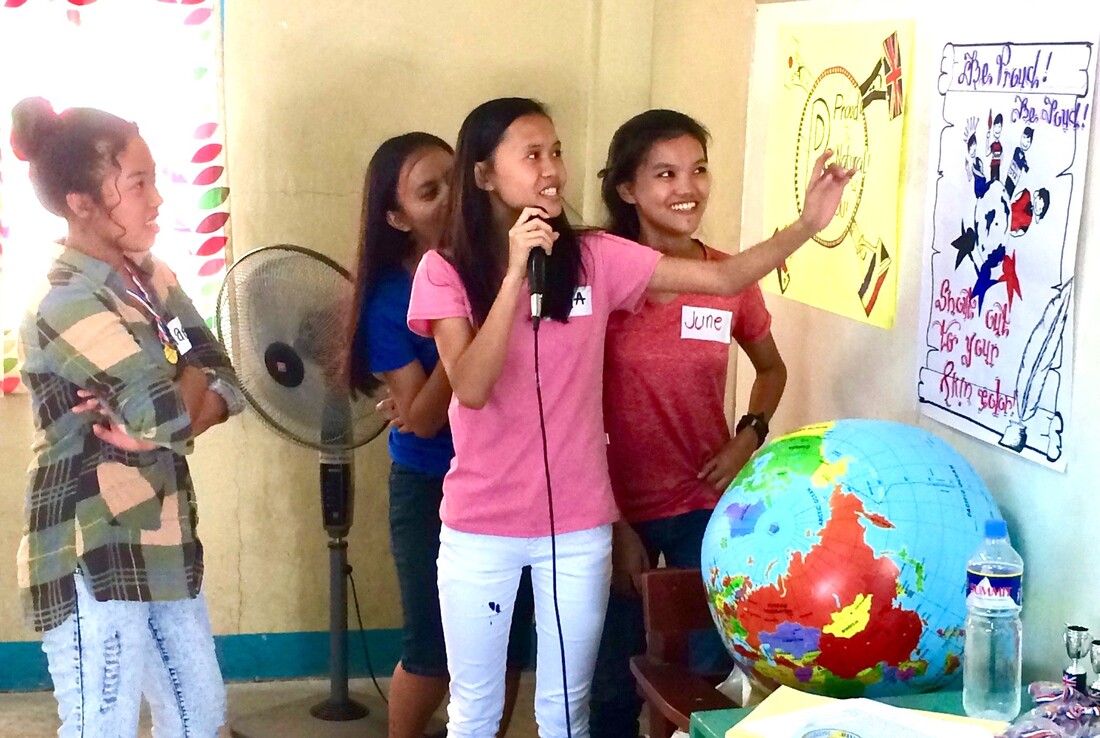
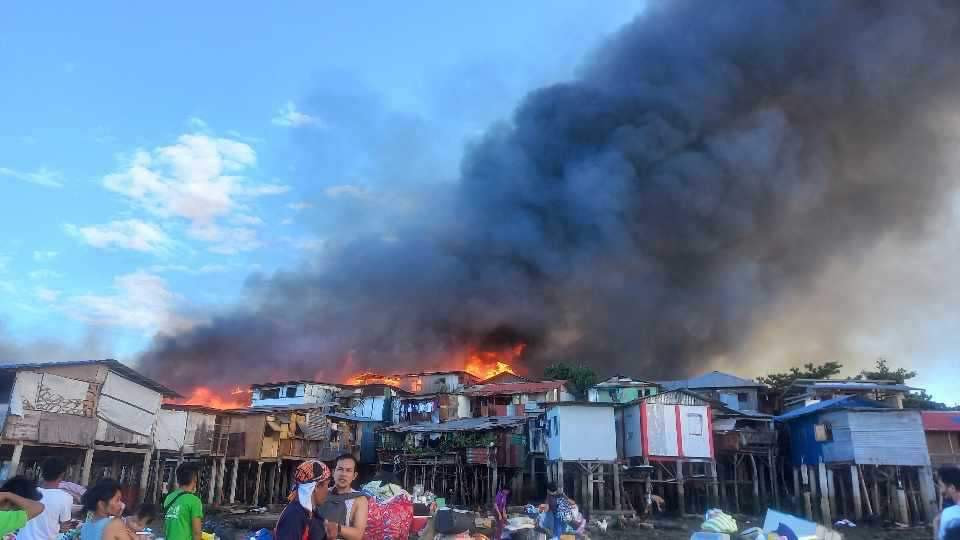
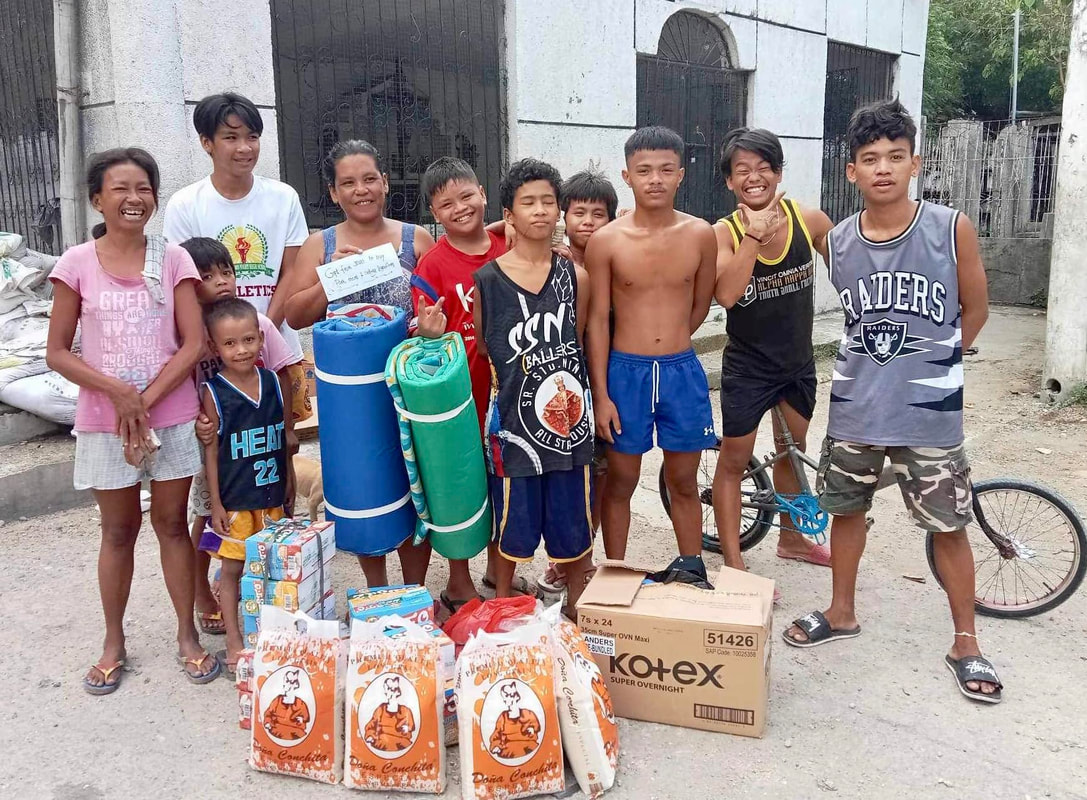
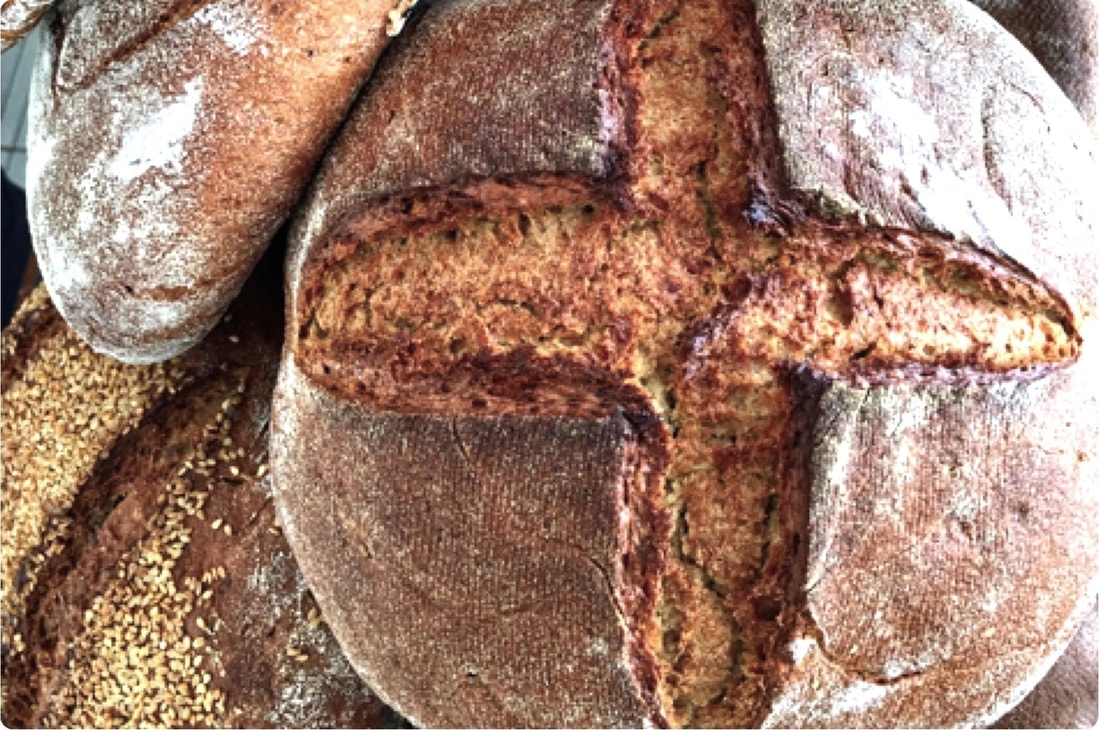
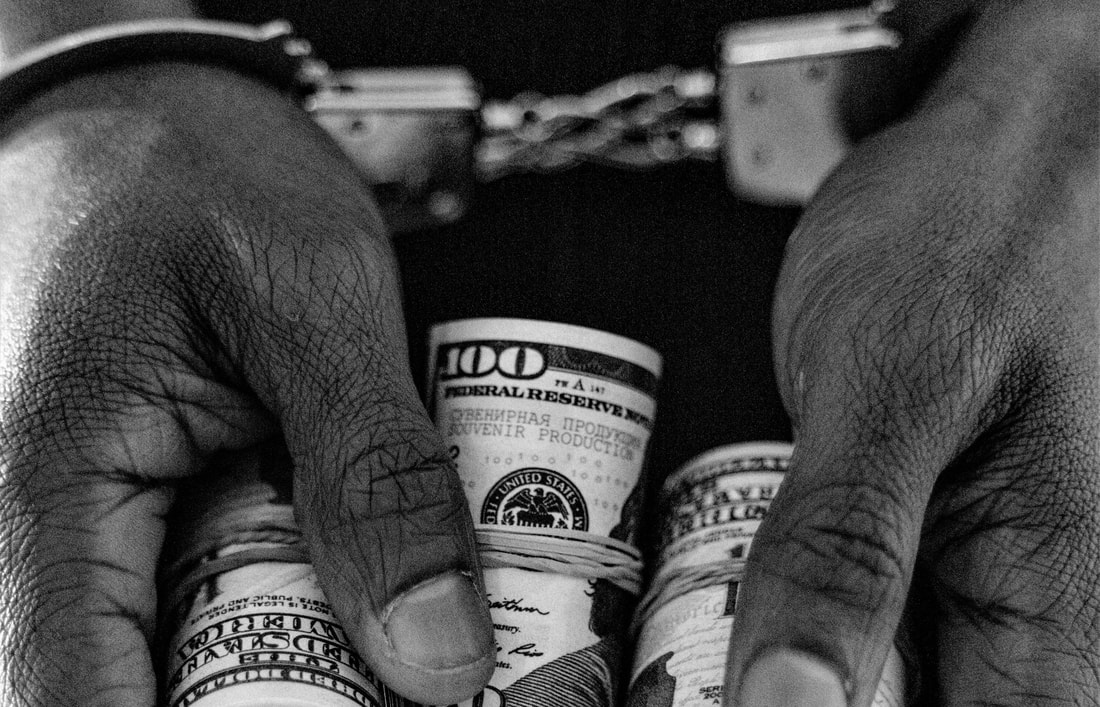
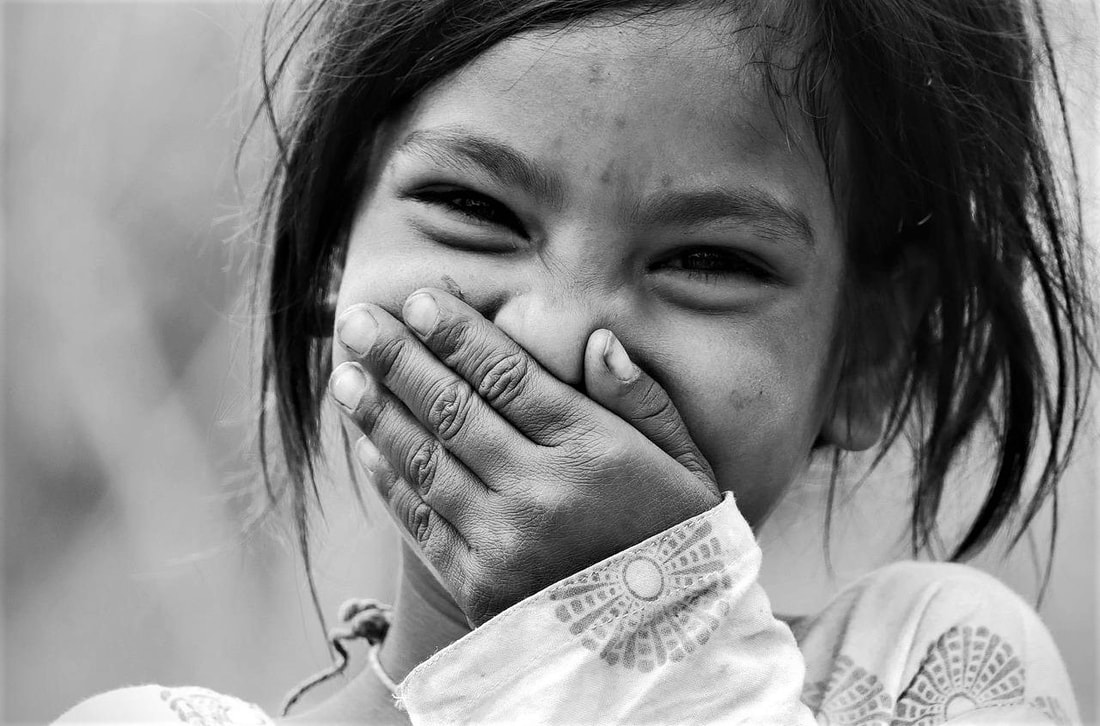



 RSS Feed
RSS Feed